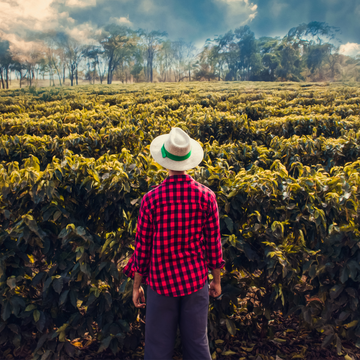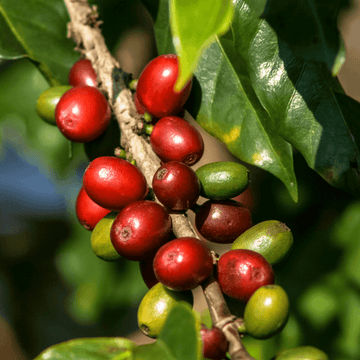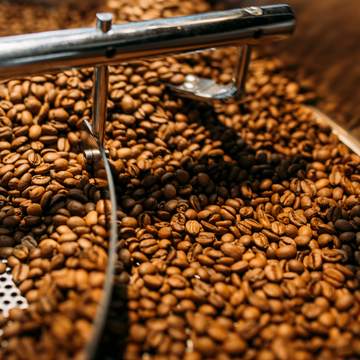Coffee Farmers in all areas of the world face difficult challenges, when trying to produce the best possible coffee as well as keep their yields at a level where they can still make a living.
1. Changes in climate: Shifts in temperature and rainfall patterns can affect coffee growing regions, leading to altered growing conditions, increased pests and diseases, and reduction in yields. Rain at the wrong time of year as well as drought when the coffee trees need water can decimate that year's crop. As coffee is primarily a once a year crop that would leave the farmer without anything to take to market..
2. Pests and Diseases: Coffee trees are susceptible to various pests and diseases, such as coffee leaf rust and coffee berry borer, which can devastate crops if not properly managed. The changes in climate also impact the prevalence of these diseases and pests.This increases the production cost of the farmer as they now have to protect the coffee trees more than they had to before.
3. Labor Shortages: Many coffee-growing regions rely on manual labor for harvesting, but labor shortages due to migration, or changing economic conditions can impact production and increase input costs. When thinking about coffee growing regions, the farms are usually located in remote areas, so the migration of the younger population to larger metropolitan areas leaves the farmers with increased picking and processing costs due to increases in labor prices.
4. Market Volatility: Fluctuations in the coffee prices can affect the income of coffee farmers, making it challenging for them to plan and invest in their farms since they have no control over the C market price which most coffee contracts are tied to.
5. Resource Management: Sustainable water and soil management practices are crucial for coffee cultivation, but issues like water scarcity and soil degradation can pose significant challenges and an increase in production costs .
6. Quality Control: Maintaining consistent quality standards throughout the cultivation, harvesting, and processing stages is essential for coffee growers to meet consumer expectations and market demands.
7. Market Access: Small-scale coffee farmers often face barriers in accessing global markets, including lack of infrastructure, limited market information, and unfair trading practices.
Addressing these challenges requires collaboration among stakeholders, investment in research and development, adoption of sustainable practices, and support for smallholder farmers. We at Per’La do this by partnering with our farmers and ensuring that they get the support that they need.





